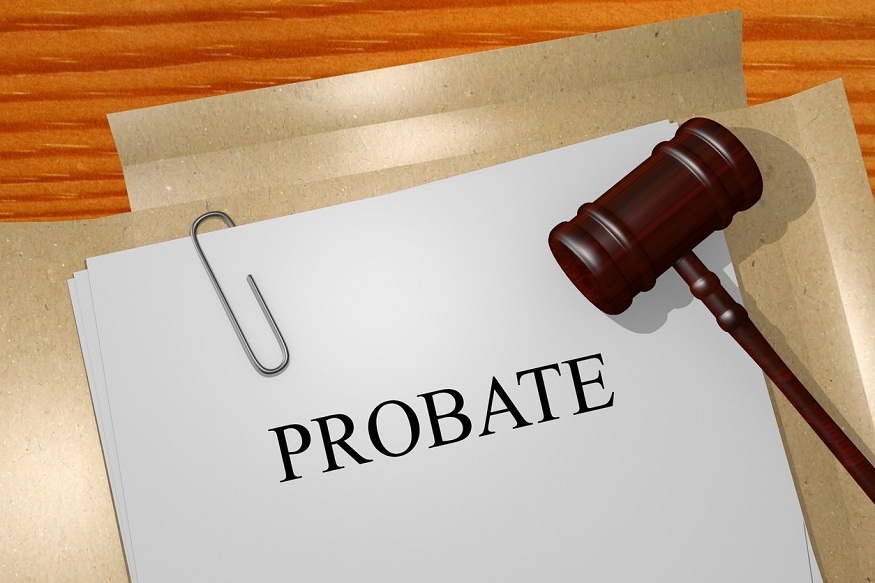When is Probate Required?
aManaging a loved one’s affairs when they pass away is probably one of the hardest things you’ll need to do, especially when emotions are still raw. But knowing about the legal processes and your rights will help everything run smoothly. Probate is one of the many things you might have to deal with, but what does this mean exactly, and how do you know if it’s required? Specialist Kent tax advisors can point you in the right direction, but below is a helpful probate summary to get you started.
What is Probate?
If you’re not familiar with legal speak, it’s important to get your head around probate duties. Essentially, it’s the process of administering a deceased person’s entire estate including their money, assets and possessions. Probate ensures that the relevant taxes are calculated and paid, that all debts owed from or to the estate are settled, and that the net assets are distributed according to the Will. If the deceased has left a Will, it will name someone that they’ve chosen to administer their estate. This person will then become the executor of the Will. You may indeed be reading this article having found yourself in an executor position.
If there is no Will, the situation becomes even more complicated. This is because the estate is divided in accordance to very specific intestacy rules. These may, or may not, be in-line with the deceased’s wishes, which is why many people make sure they’ve a Will in place. Speak to a Kent accountant for probate services guidance if you need assistance.
Do I Definitely Need Probate?
Whether or not probate is needed all depends on the size of an estate, but even this is not straightforward. You also need to find out if the assets were owned solely in the decedent’s name. So where to start? Well, if a person has a small estate, probate probably won’t be needed. The question is, what’s classified as a ‘small estate’ when there’s no set limit? Every bank and financial institution has their own limit, so you’ll need to speak with the organisation that’s holding the deceased person’s assets. While some have a threshold of £5,000 before probate is required, others have raised it to £50,000. Don’t be afraid to seek professional advice if you’re struggling to get your head around the finer details. It’s not always easy.
Is Probate Needed to Sell a Property?
It all depends on how the property is owned as to whether probate is needed or not. Probate will always be required to sell a property owned in the deceased’s sole name. This is actually something worth considering yourself if you’re a property owner and want things to be streamlined once you pass. Financial planning for the future can be beneficial, helping you to dodge financial complications. To put this into perspective, let’s look at assets held in joint names.
What About Assets Held in Joint Names
Many people decide to own assets together as joint tenants. This means if someone dies, the assets will automatically pass to the surviving owner without any need for probate. So if your husband dies, for example, but you’re joint tenants of a property, it’ll be transferred into your name without the need for extensive legal interference. That said, if you owned a property with your husband as ‘tenants in common’, his share will not automatically be passed to you. It will, instead, pass to whoever is legally entitled to inherit under his Will, or by intestacy rules.
Seek professional probate advice today for further guidance.



